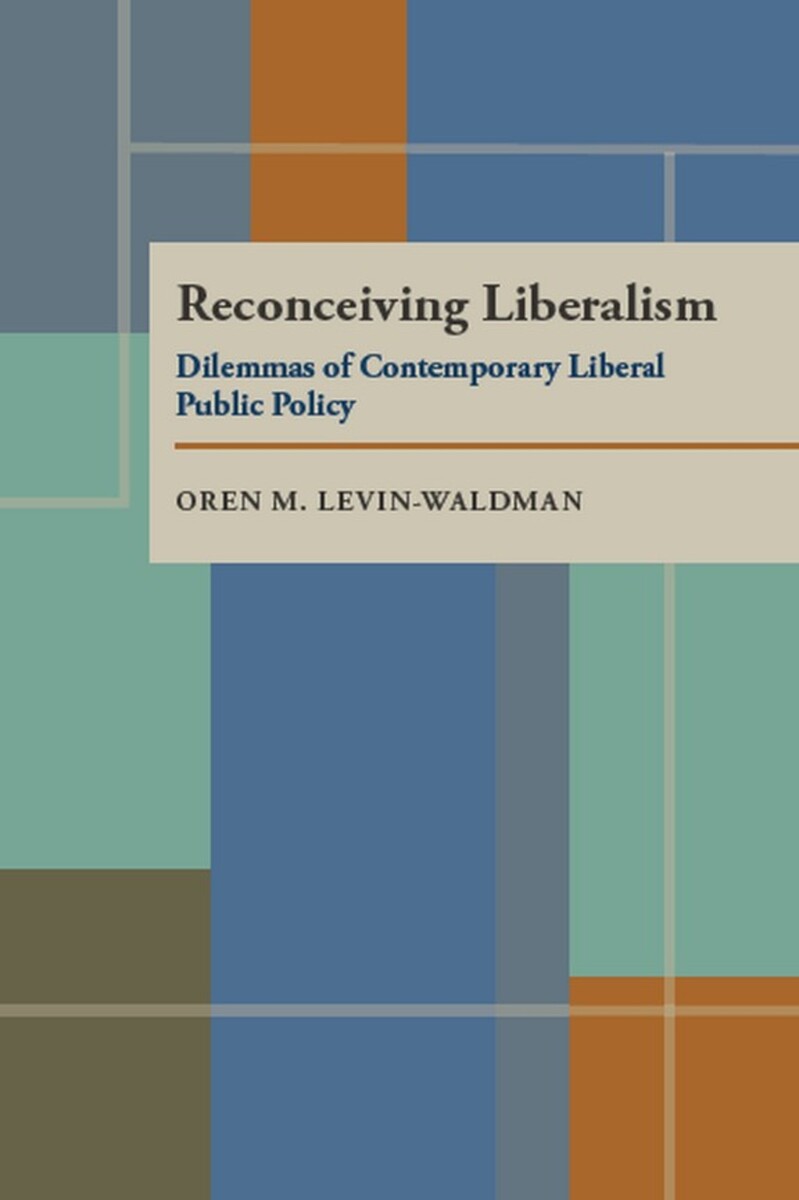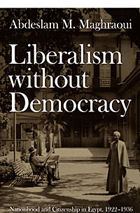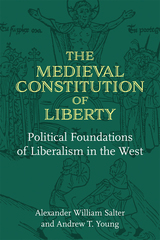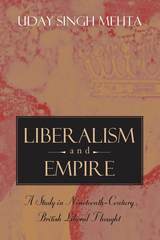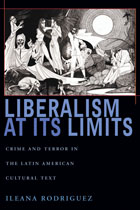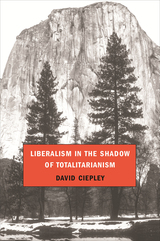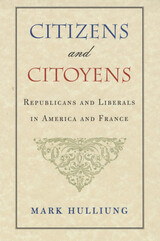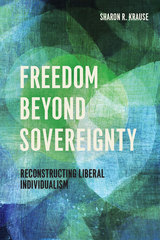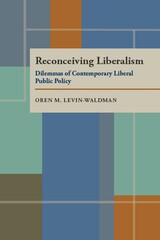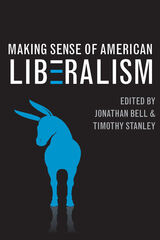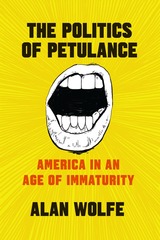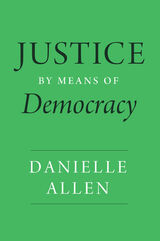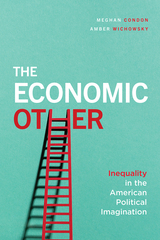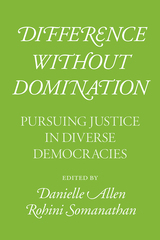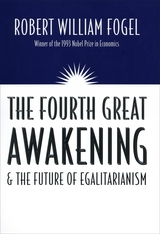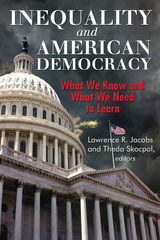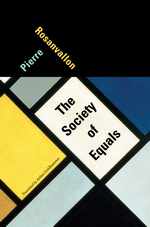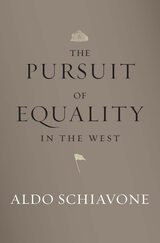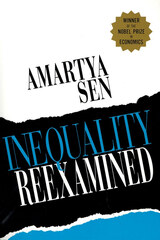Cloth: 978-0-8229-3937-5 | eISBN: 978-0-8229-7480-2 | Paper: 978-0-8229-5594-8
Library of Congress Classification JC574.2.U6L49 1996
Dewey Decimal Classification 320.5130973
Levin-Waldman argues that if American public policy were to be evaluated against a different set of principles—ones more closely aligned with core liberal values, especially the common good—liberalism would be in greater harmony with contemporary public opinion and thought.
Liberalism rests on a moral vision of what constitutes the good life and a set of principles that can measure whether public policy accords with society's underlying philosophical principles. Levin-Waldman faults modern liberalism for obscuring these principles through a misplaced reliance on neutrality. Liberalism, he contends, appears to have diverged from mainstream perceptions of traditional American values because policy is debated and formulated within the confines of this neutrality standard.
Levin-Waldman develops a new methodology intended to take us away from the usual cost-benefit analysis and move us closer to assessing public policies in terms of what best serves the common good.
See other books on: Conservatism & Liberalism | Dilemmas | Liberalism | Political Ideologies | Values
See other titles from University of Pittsburgh Press
